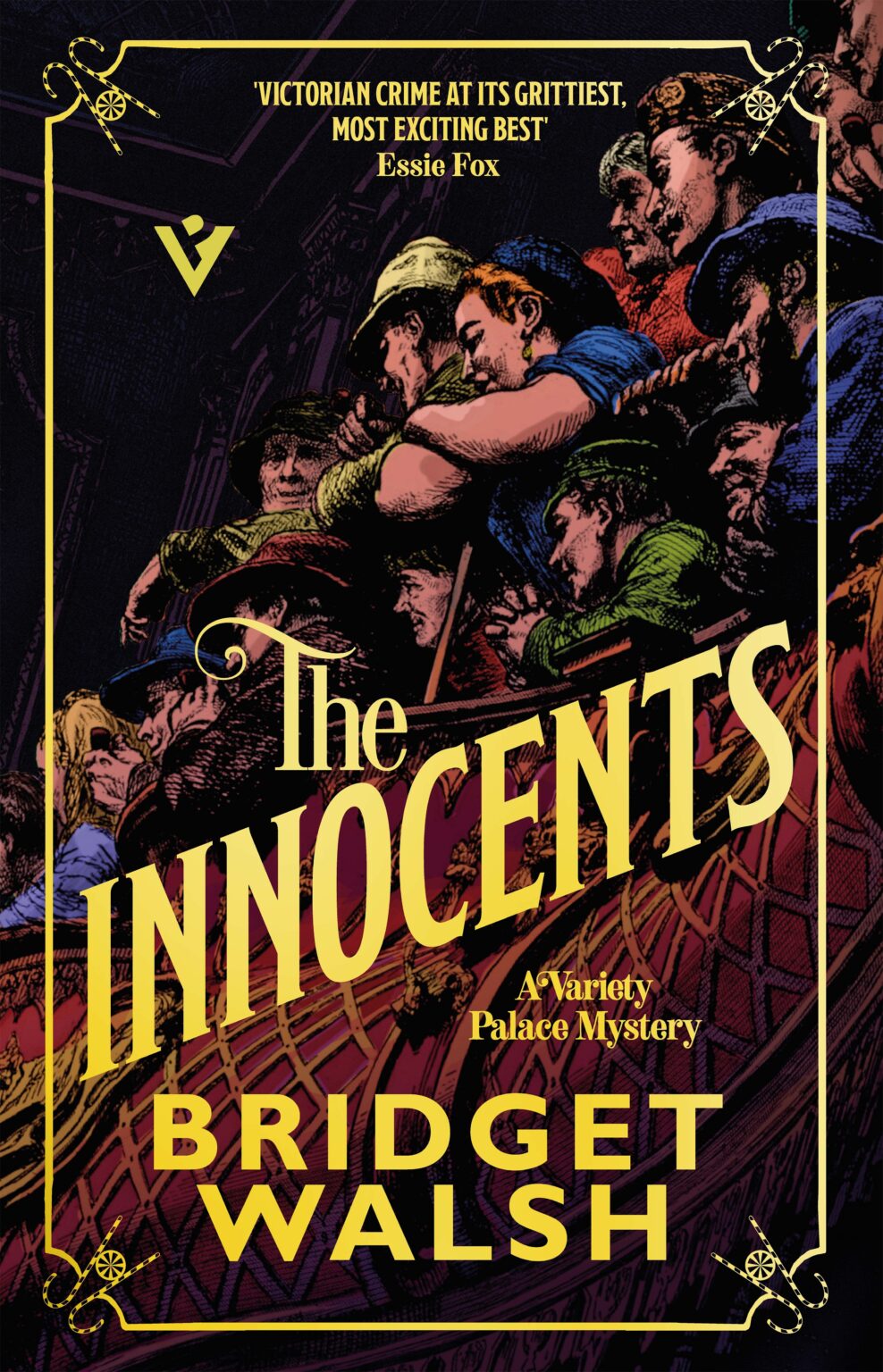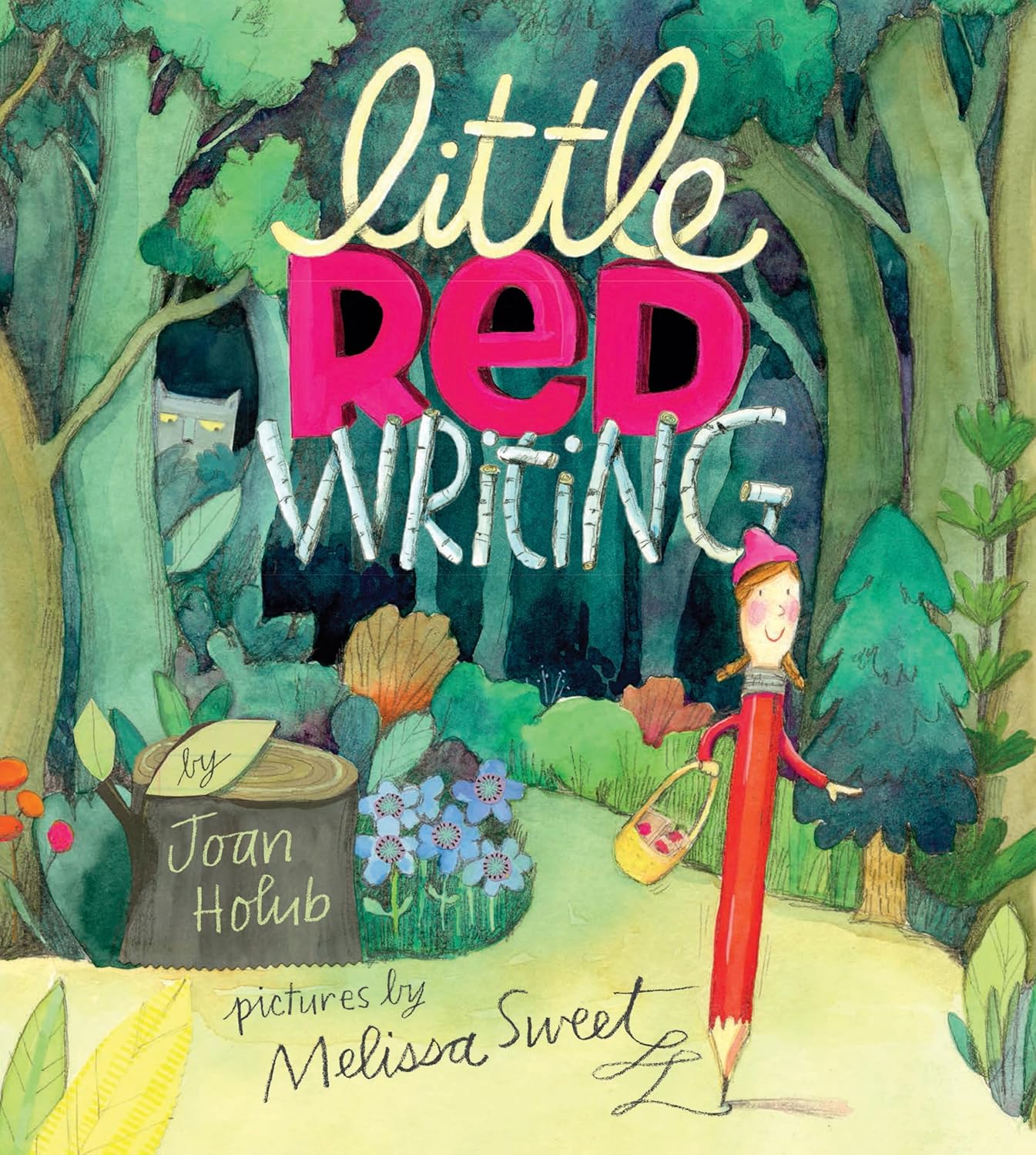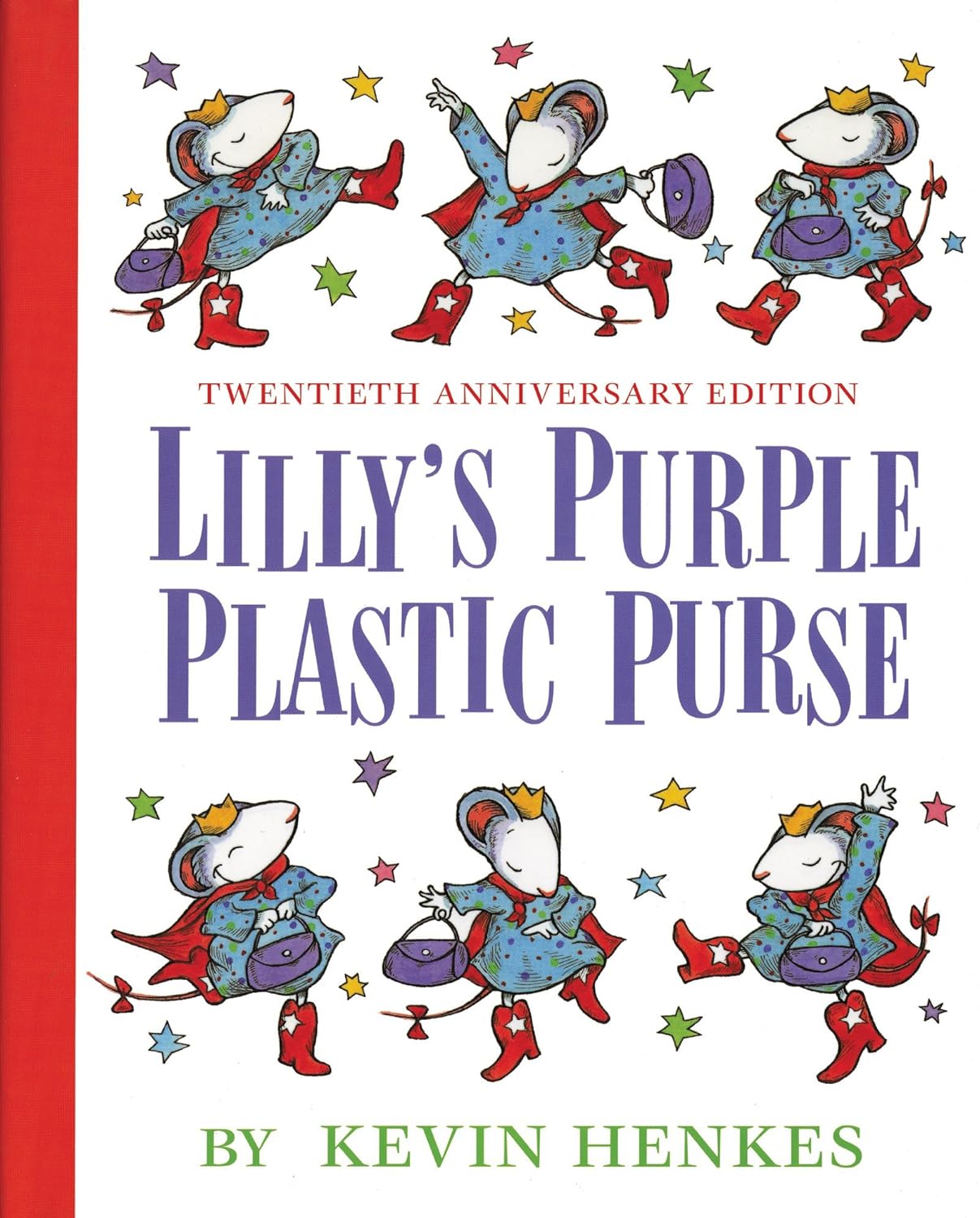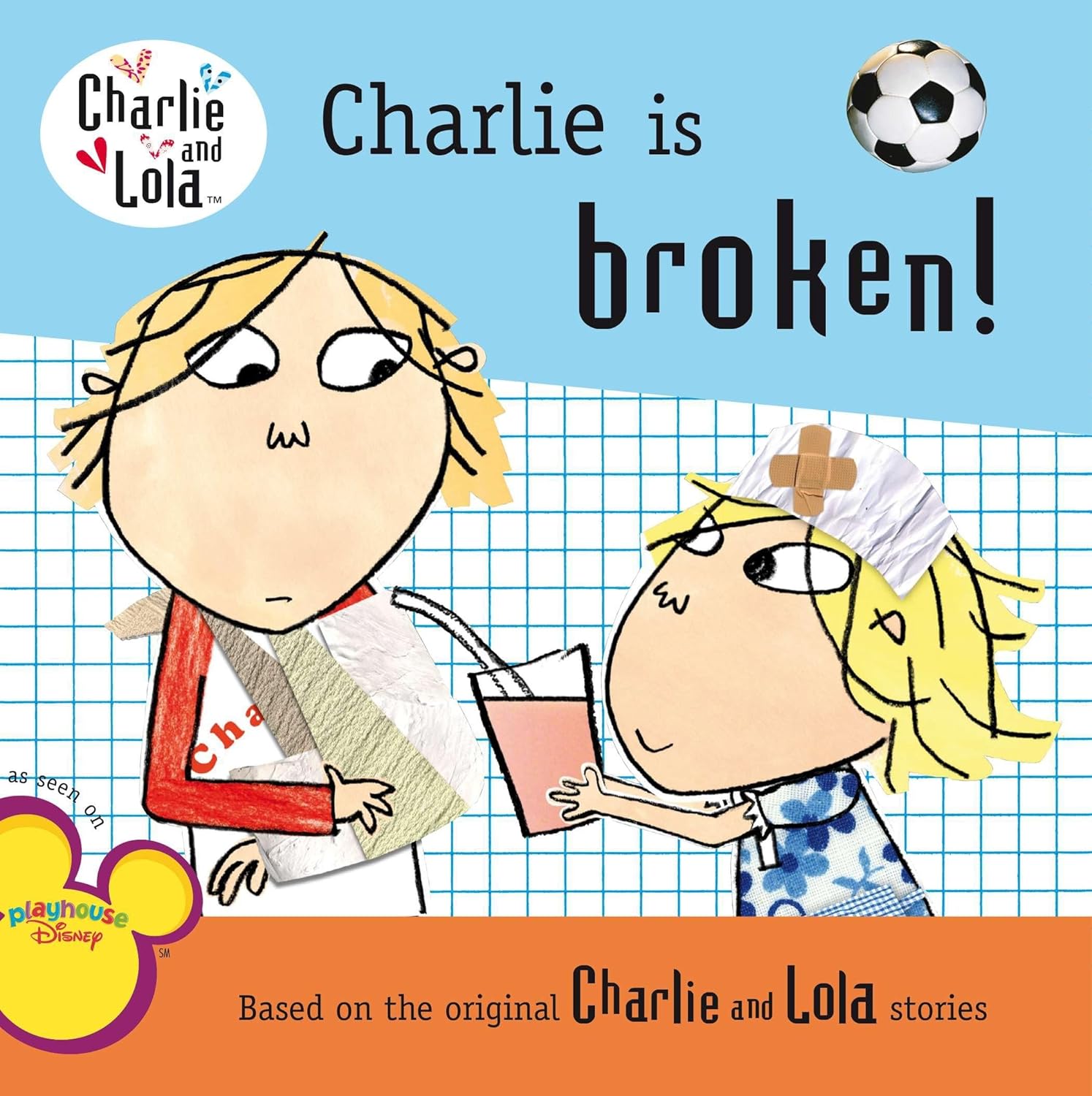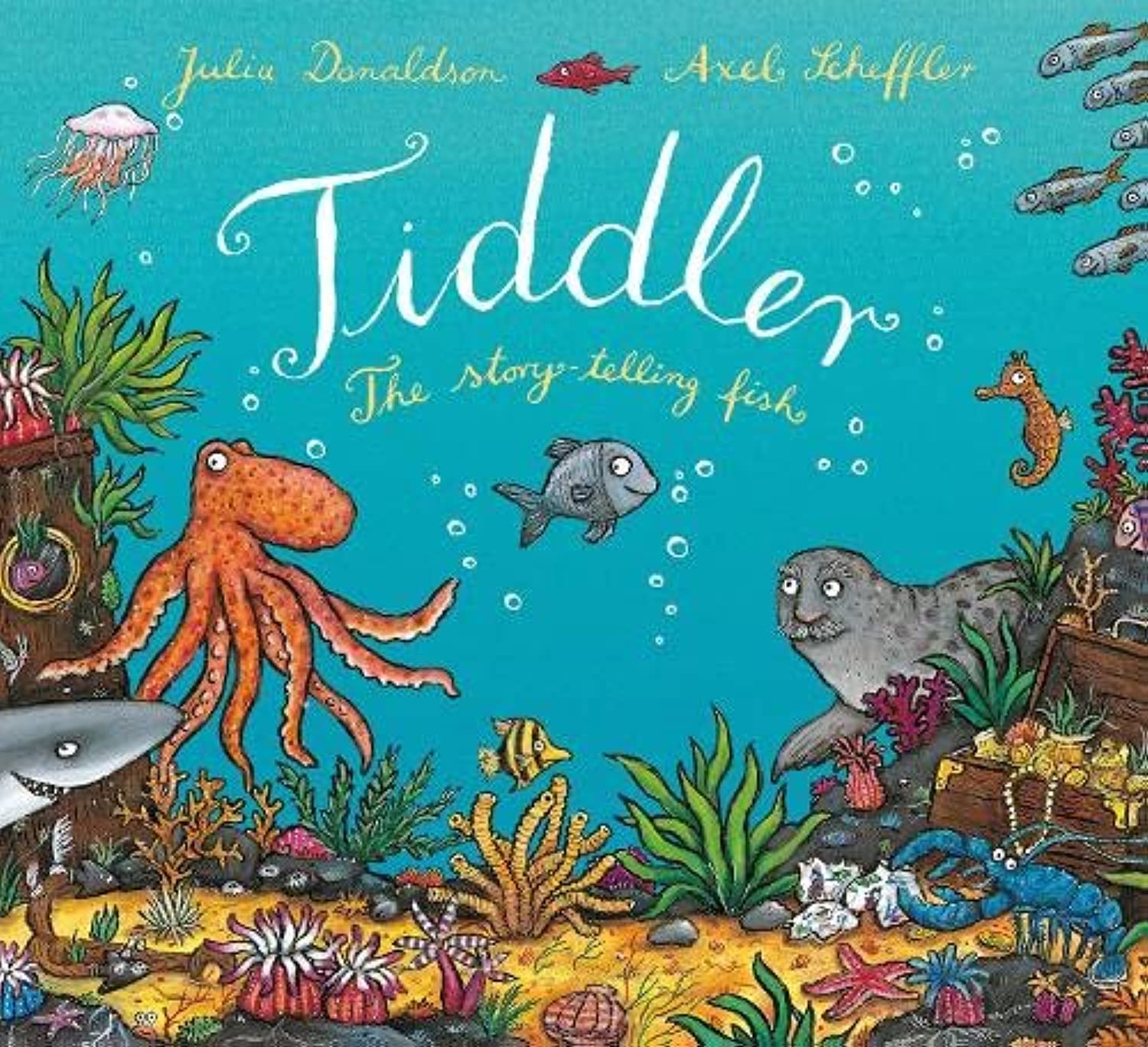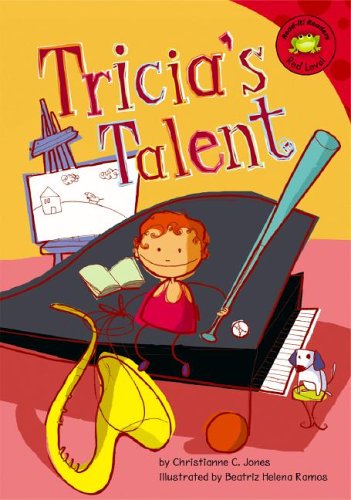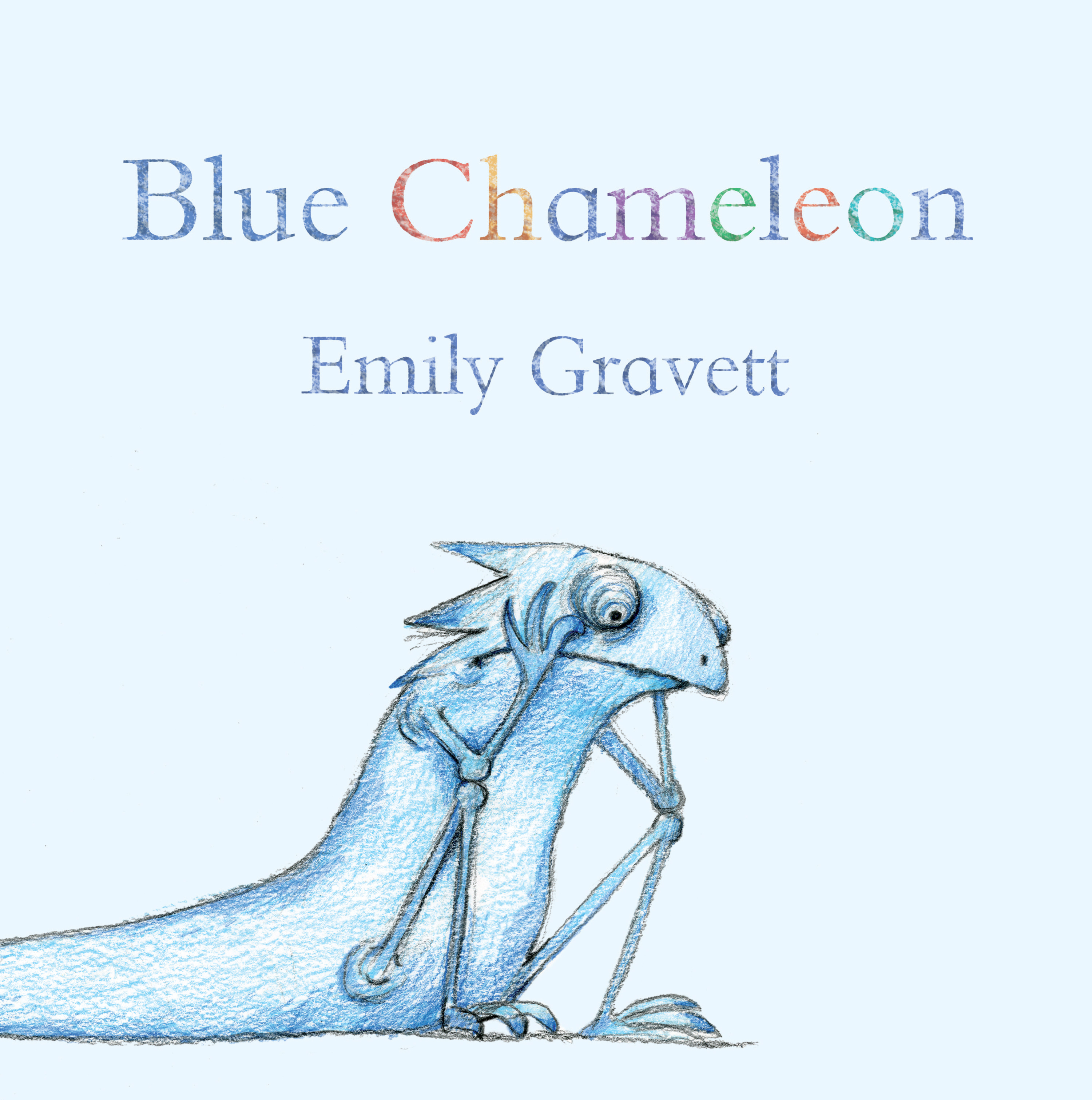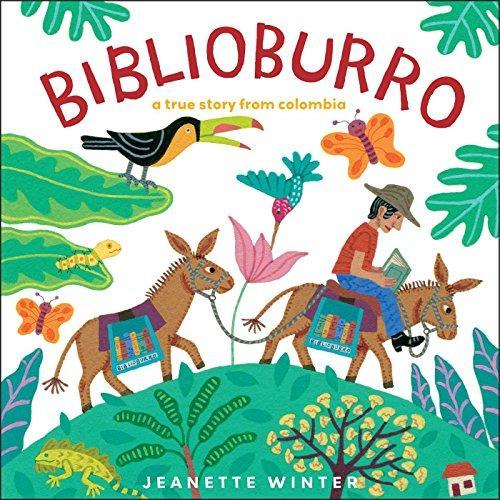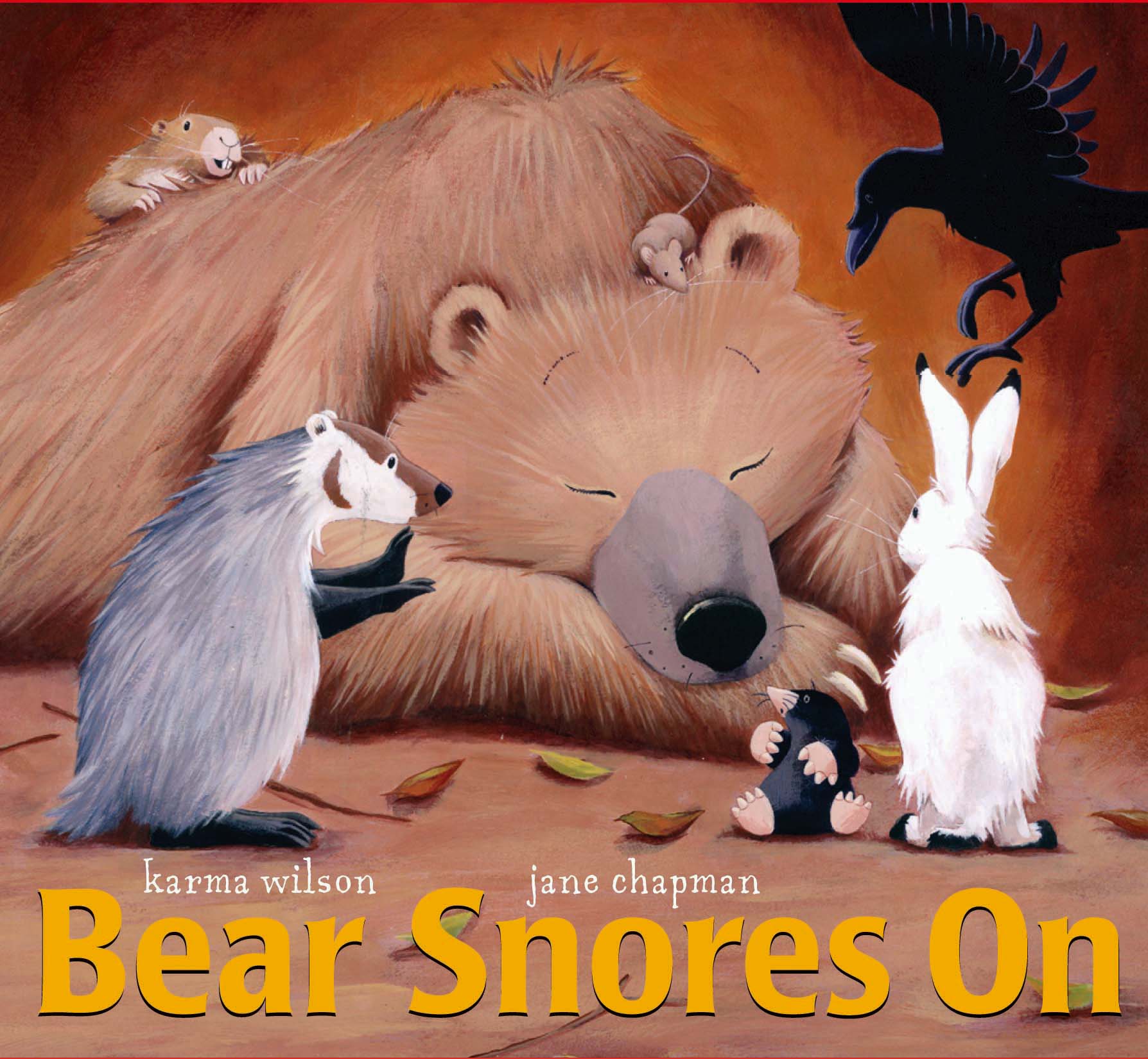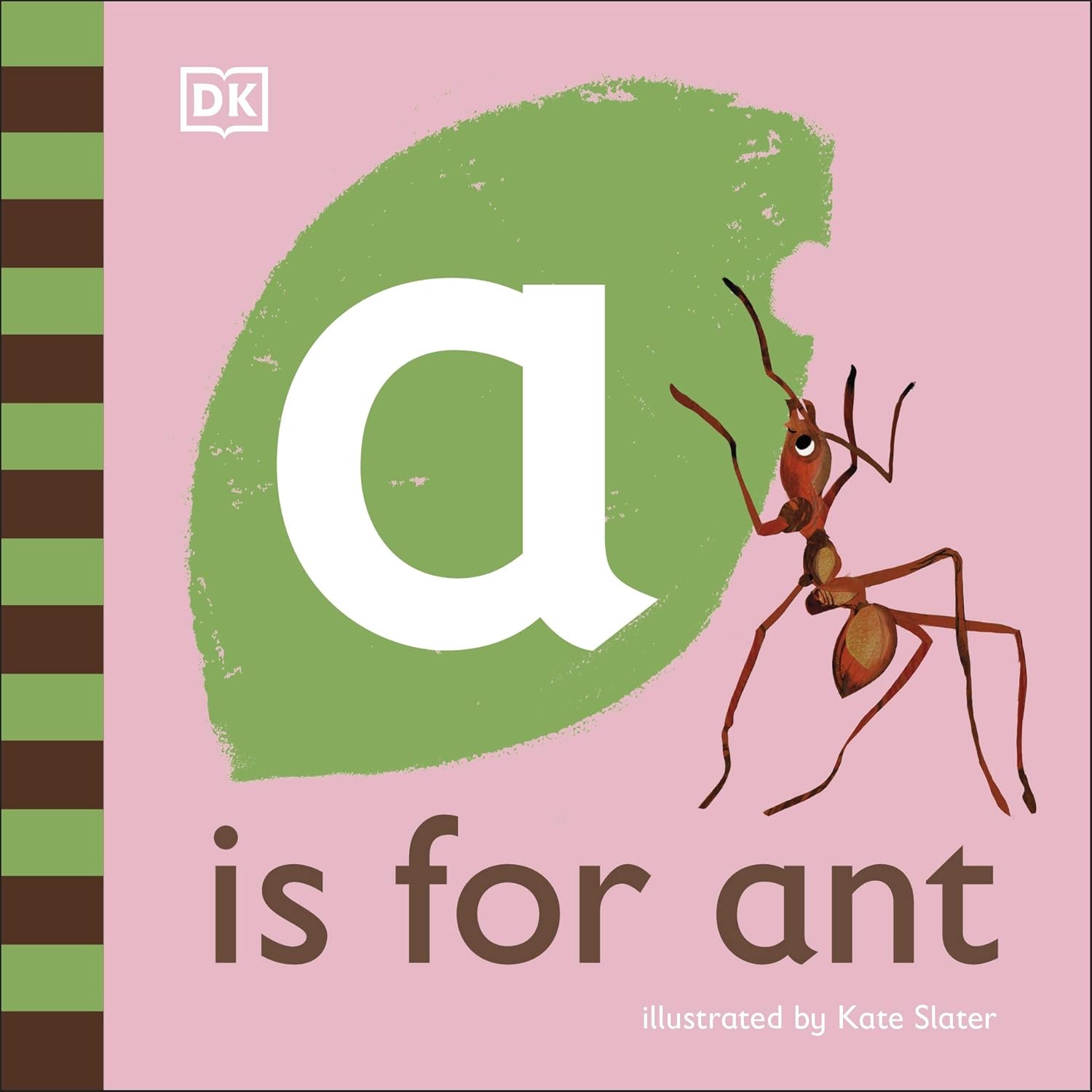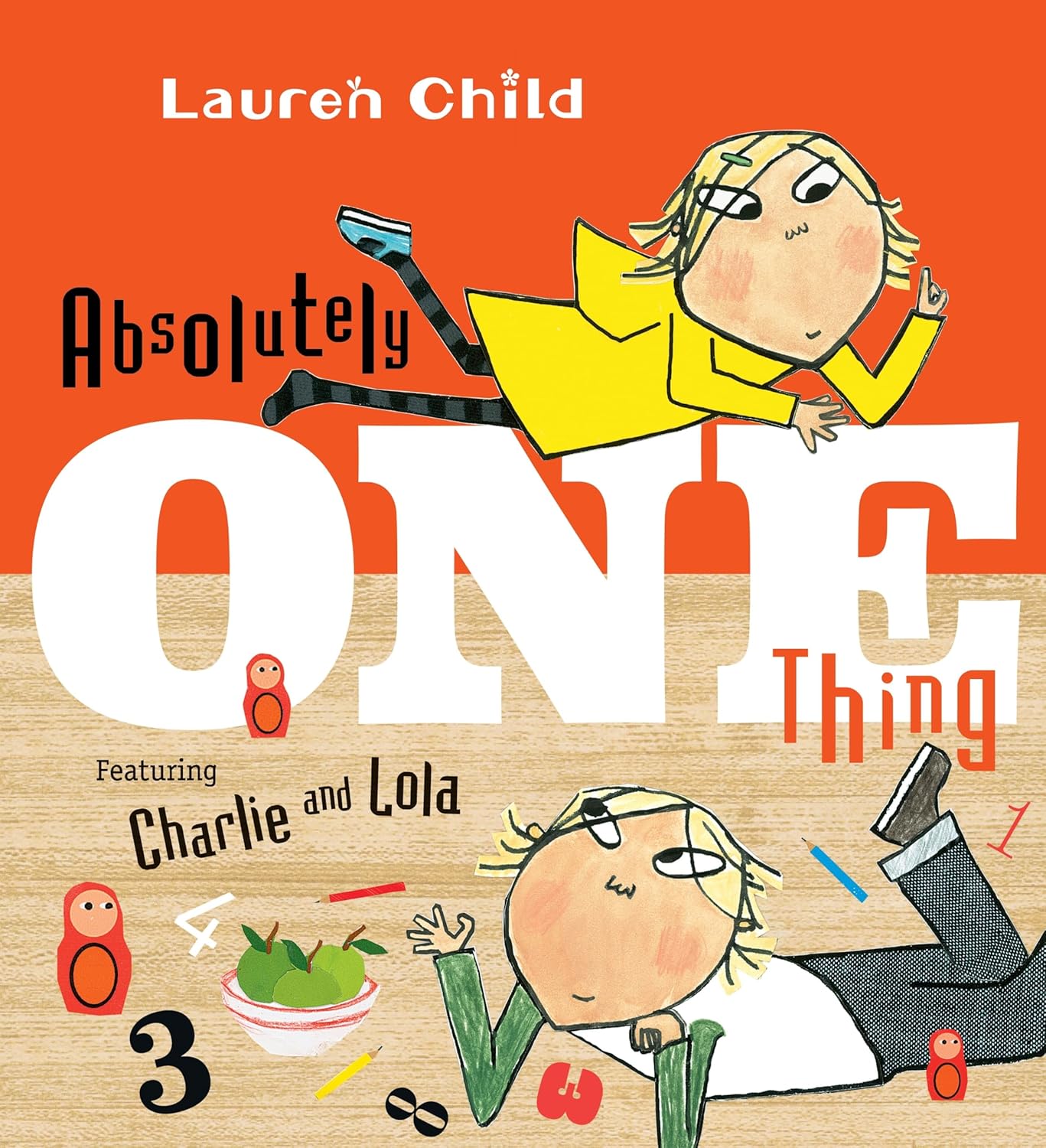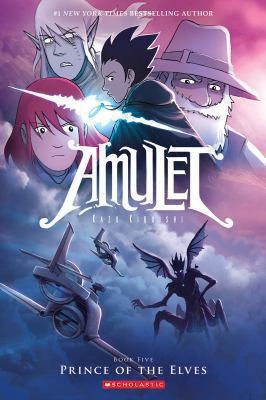nerd teacher [books] reviewed The Innocents by Bridget Walsh (Variety Palace Mysteries, #2)
Absolutely Lovely
5 stars
I truly adore Bridget Walsh's work. The characters are fantastic and so easy to imagine; they're all quite lovable in their own ways, and they feel like who they're supposed to be. No one feels out of place (except when necessary by either their personality or the narrative), and they just feel alive. I have to mention this mostly because, while other characters in other works feel fine and still interest me, these ones actually feel like they could be real people (and that is not a feeling that I get very often from fiction).
I also just like the settings she has chosen and how, while Albert and Minnie are the primary detectives, they don't just work cases entirely on their own. Their friends offer to help them in a range of ways; they help train them to mimic people or help create clothing for them that would …
I truly adore Bridget Walsh's work. The characters are fantastic and so easy to imagine; they're all quite lovable in their own ways, and they feel like who they're supposed to be. No one feels out of place (except when necessary by either their personality or the narrative), and they just feel alive. I have to mention this mostly because, while other characters in other works feel fine and still interest me, these ones actually feel like they could be real people (and that is not a feeling that I get very often from fiction).
I also just like the settings she has chosen and how, while Albert and Minnie are the primary detectives, they don't just work cases entirely on their own. Their friends offer to help them in a range of ways; they help train them to mimic people or help create clothing for them that would make them match places. They dig up information in a range of places, with some characters paying a bunch of runner boys to go look into something while others use their connections. I like it because the detecting doesn't feel so solitary; it feels like everyone is involved and, even if they're busy with their actual jobs, they do what they can when they can. As much as I adore other detective novels, I really like that Walsh creates a community and actually utilises their skills and builds their connections to work towards solutions to the mystery.
And I also just like how much you can see the choreography of the case. You can tell the mysteries are planned (albeit with some obvious liberties) because, if you skim back through what you've read, you can actually spot the clues you missed (if you missed them). It's very clear that these books are meant to have a narrative of likable and interesting characters (in as much as you feel compelled to engage with them, regardless of whether you truly like them or not) while also having a mystery you can solve right along with them.

